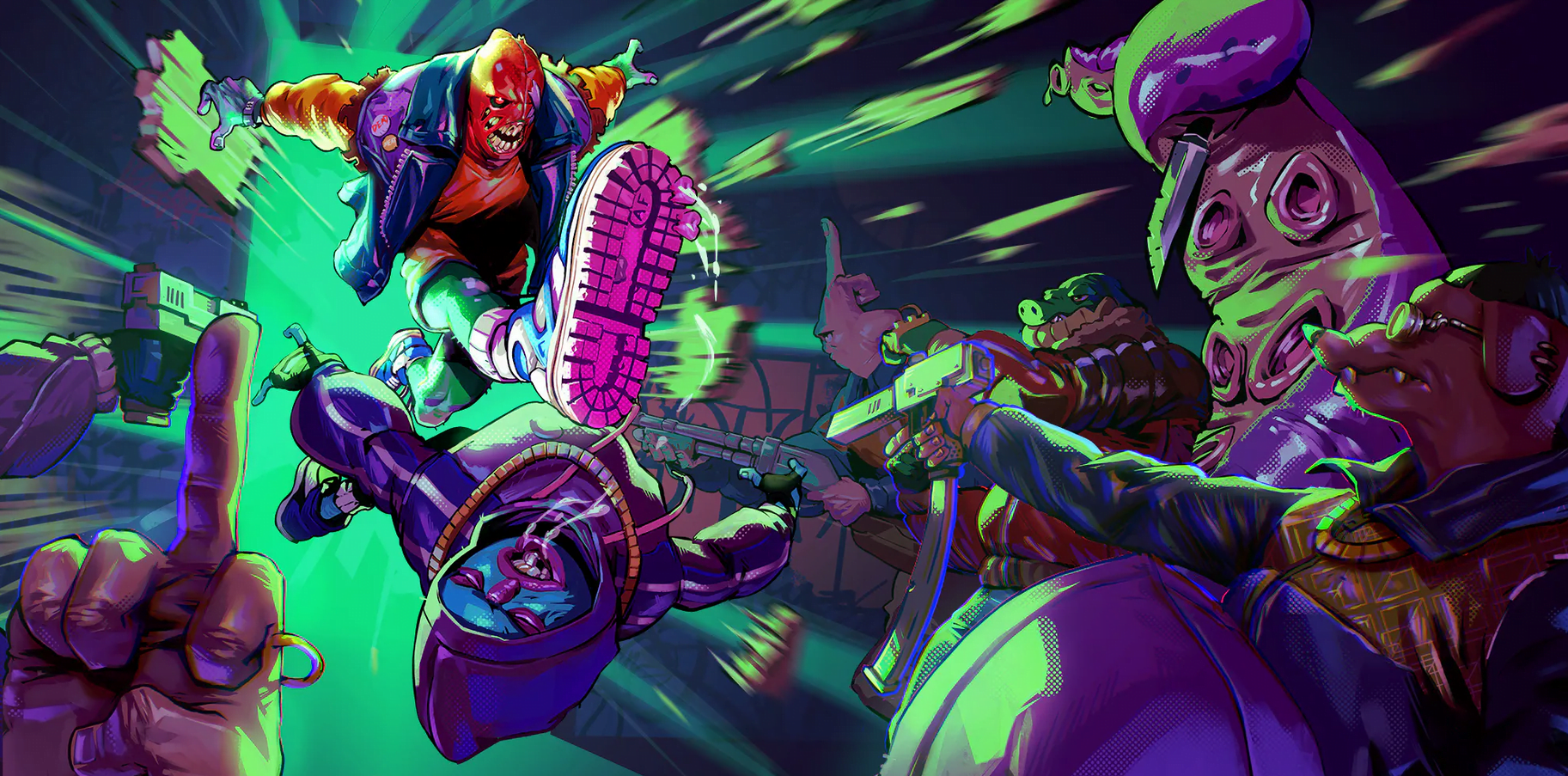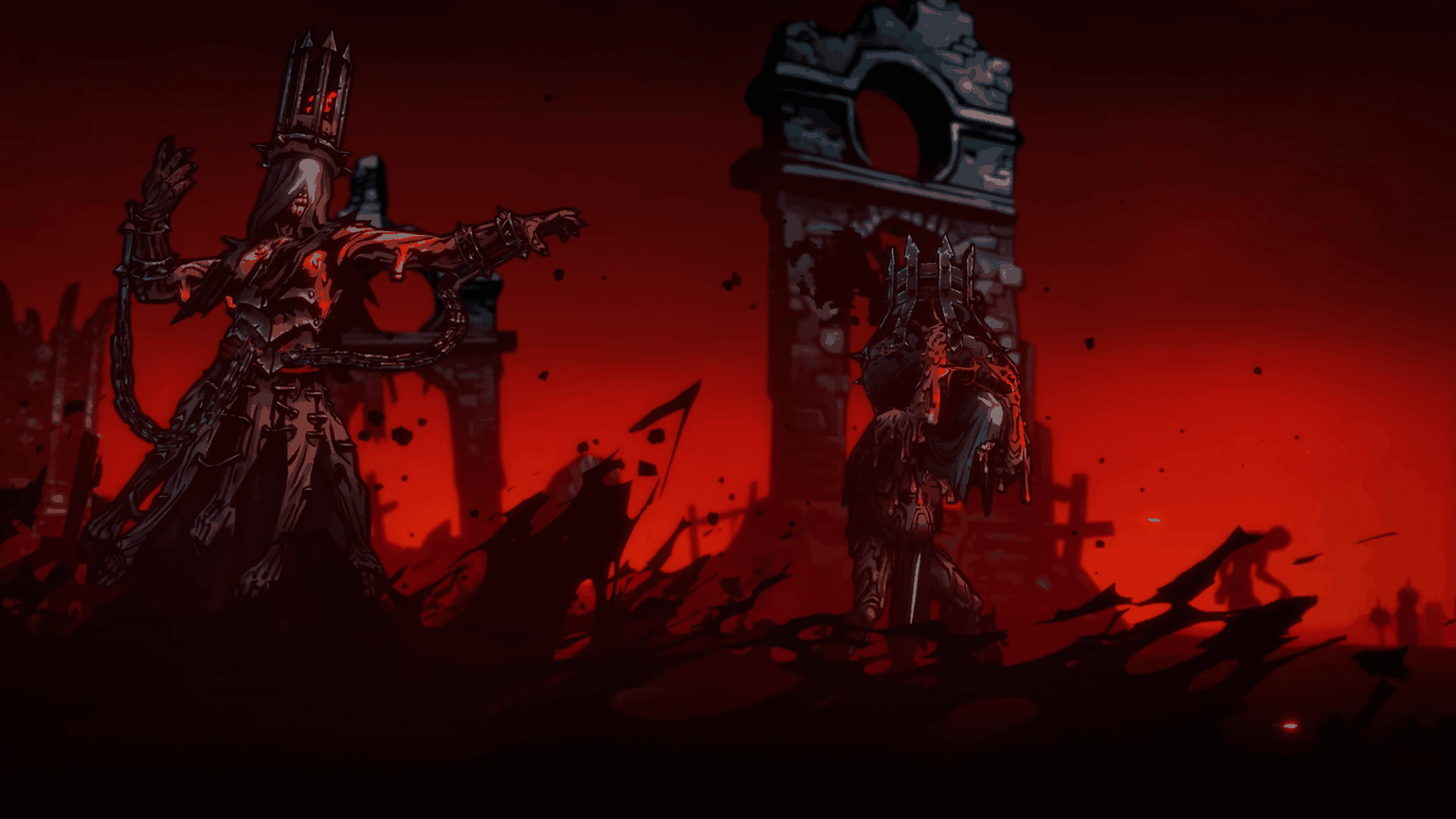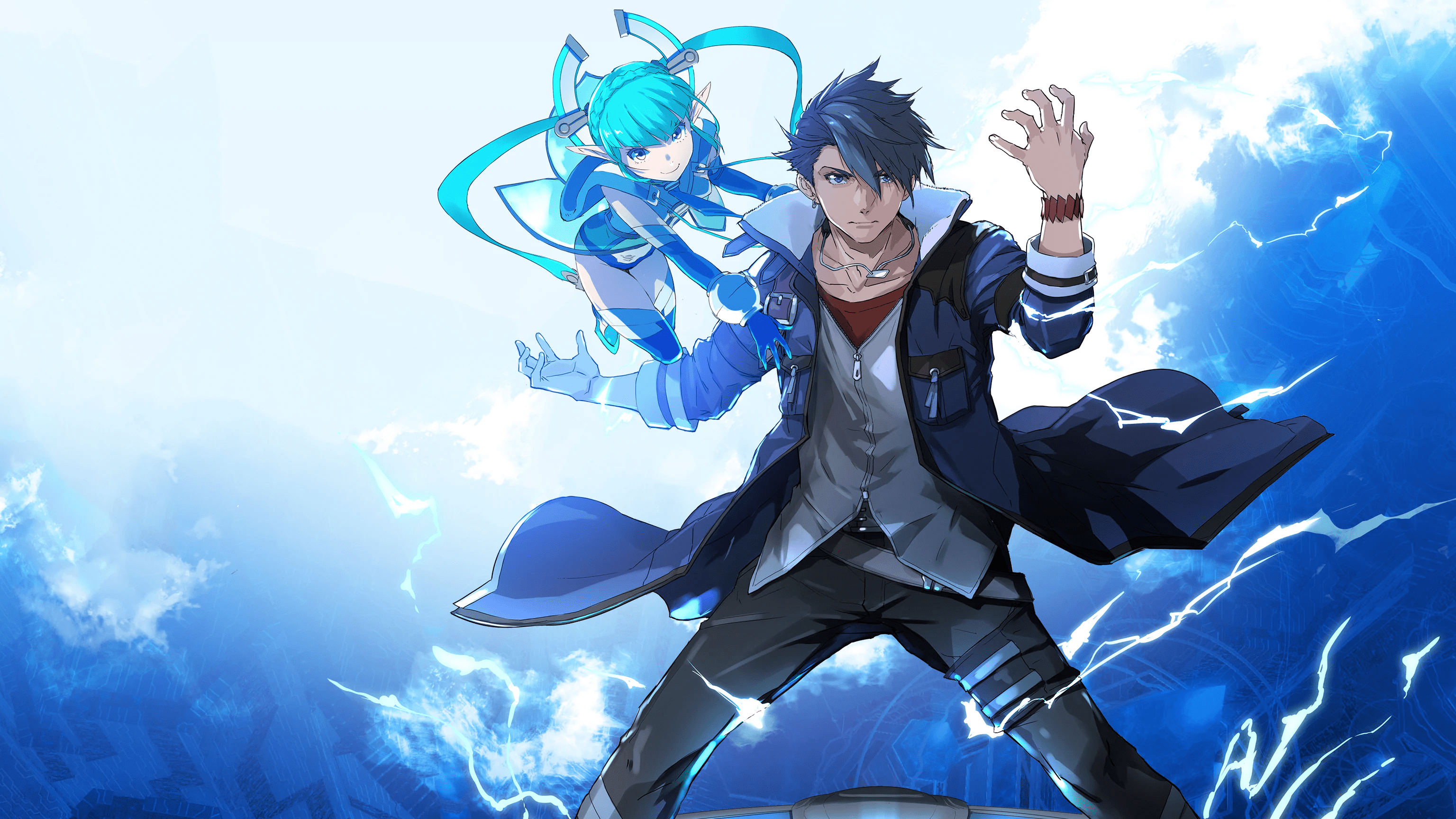Back in 2012, Hotline Miami was a surprise. Its psychedelic fever-dream murder puzzles were almost shocking for how graphic and intense the violence was despite how simple it appeared, how removed you were from the action. But it worked because it had something more going on. It wasn’t just senseless violence for the sake of it: it was critical of your involvement and how easily you played along without question.
This was the same year Spec Ops: The Line was released, a game famous for its condemnation of shooters and the role the player serves within them. Games were interested in examining violence at the time, and it made them more fascinating because of it. Katana Zero then, a game that feels very inspired by Hotline Miami and the murder puzzle games it spawned in its wake, should be poised to do something similar, particularly given how it willingly broaches some complex themes and ideas. Unfortunately, despite setting up some potentially interesting threads, it fails to follow through on them.
Katana Zero is an action game from developer Akiisoft. It’s essentially Hotline Miami were it a side-scroller. You enter each level with the goal of taking out all the armed goons in sight using a mixture of your sword, environmental hazards like lasers, and whatever objects you can get your hands on. What sets Katana Zero apart are two things: first, the ability to slow down time. At any moment, with the press of a button, Zero can slow time for a brief period to help him pull off more risky maneuvers, such as deflecting bullets, dodging attacks, and so on. With how fast the action can become, it helps make things a bit more legible.
And second, platforming. Katana Zero‘s levels require a bit of finesse to get around. You’re not just moving forward cutting down foes but also rolling through lasers, wall-jumping up shafts, breaking through floors, and so on. You’re provided a fair number of options to figure out how you want to approach any given situation, making the puzzle-like nature of the game feel less like discovering the way forward so much as you crafting your own.

It’s fast, reflexive, and — when everything comes together — stylish and satisfying. Slicing through a level in one smooth motion feels good. Barring the occasional level that goes just a touch too long, the loop of dying and retrying is fast enough to keep it from becoming grating or frustrating. The rare forced stealth sections are where the game is at its worst, but it’s mostly contained to a single level, thankfully. It’s a solid game, on the whole. The action is as good as any other game of this type and the time manipulation mechanics give it a cool twist. Unfortunately, its story fails to deliver.
Katana Zero is about a former soldier dealing with PTSD and drug addiction. Zero has lost his memory, a service medal and constant nightmares from his past being the only fragments he has to latch onto. Between levels before each mission, he meets with a therapist to go over things, get his injection of medicine, and his next target. The targets are all connected to the drug trade (or so you’re told), their goal to make the city safer by eradicating anyone and everyone involved. Who this organization you work for is remains unsaid, though it quickly apparent their goals are hardly altruistic.
Katana Zero is less interested in the world at large and more about Zero and his struggles. His entire life — at least as far as he can recall — has been spent killing while using the abilities of precognition the drugs provide. There are moments that suggest he wants something different, something better out of life, but that he can’t because of the destructive effects the drugs have on those who use it. Once withdrawal sets in, the user’s sense of time begins to slow more and more until they’re essentially trapped in a single moment, forced to relive it again and again for all eternity. Thus, he keeps using it to function.

There’s a potentially interesting premise here, but it fails to do anything of note with them. In part because the characterization on the protagonist is dull and limited (he’s positioned as someone to emphasize with, but nothing about him provides anything to latch onto), but mostly because Katana Zero‘s story feels more like a wrapper to justify the action than something interested in leveraging its themes to say something. For a game with a story whose protagonist is a war vet with PTSD, it does surprisingly little with that angle. The scenes with the therapist are really the only times you see any attempt to engage with it, and even then, the game doesn’t seem especially interested in digging into his trauma and if he can work past it. The ideas are there, but the game never really delves into it. Instead it’s more interested in suggesting the themes than actually confronting them, resulting in a story that feels toothless.
It’s also undercut by how hard it tries to illustrate how dark and gritty its world is. The fact that you’re an assassin mercilessly cutting down anyone who gets in your way already communicates a lot, but Katana Zero doesn’t stop there. It likes to revel in the violence, as shown by one sequence where your next door neighbors are grisly murdered, or another where you relive a torture sequence multiple times. Katana Zero feels driven to make sure you know exactly how fucked up things are in this world, how sadistic the acting forces are to the point of it just being exhausting.
There’s a point roughly half-way through where Zero ends up in a bar. There’s two other patrons there, both former soldiers reminiscing about the their time in the war. Among the things they boast about? Killing children. And not long before that, you end up in a limo ride with one of the antagonists listening to him talk about how much he loves killing and torturing people in an attempt to impress you, while two women lay beside him in what appears to be a drugged state, slapping them around and suggesting you and him “smash their skulls in.” If the goal is to feel disdain for these people, mission accomplished. But at some point, it’s hard not to wonder to what end it all serves.
Far as I can tell, there isn’t one. While Katana Zero plays well, it fails to make good on any of the ideas its story reaches for. It’s a solid action game with an empty narrative, a game seemingly interested in trying to say something, but not enough to follow through on it.




